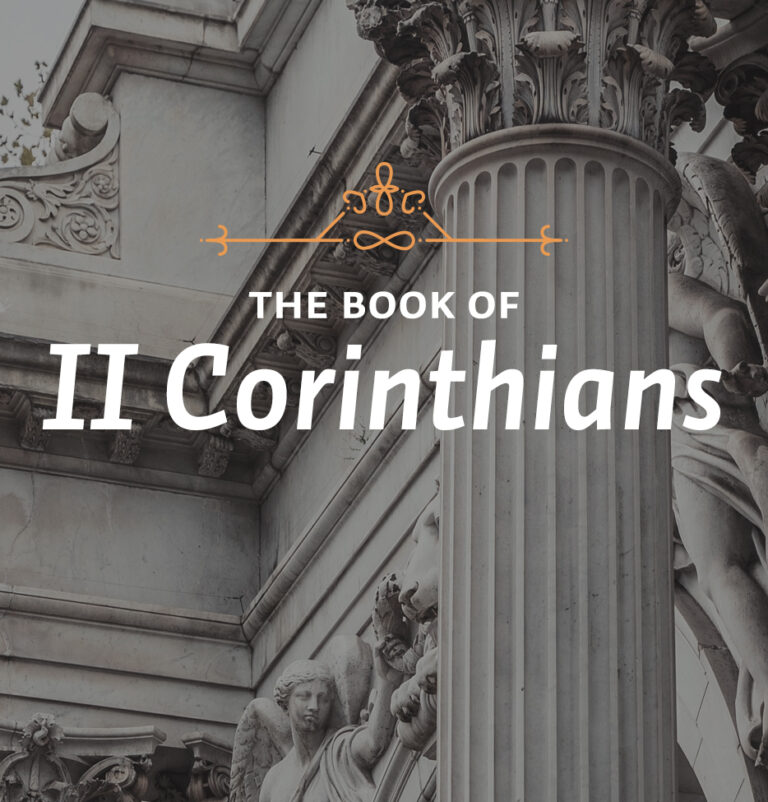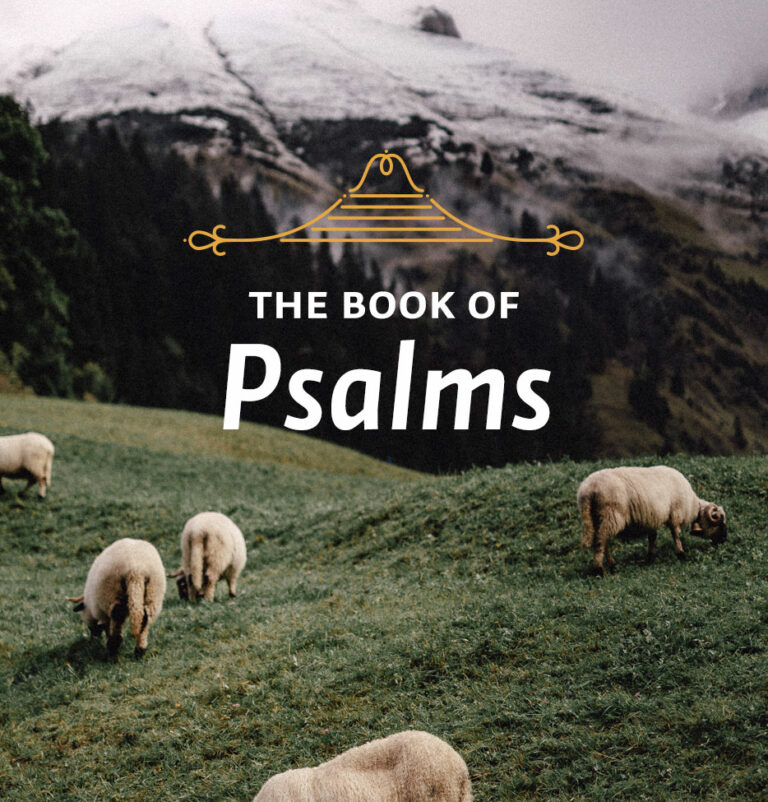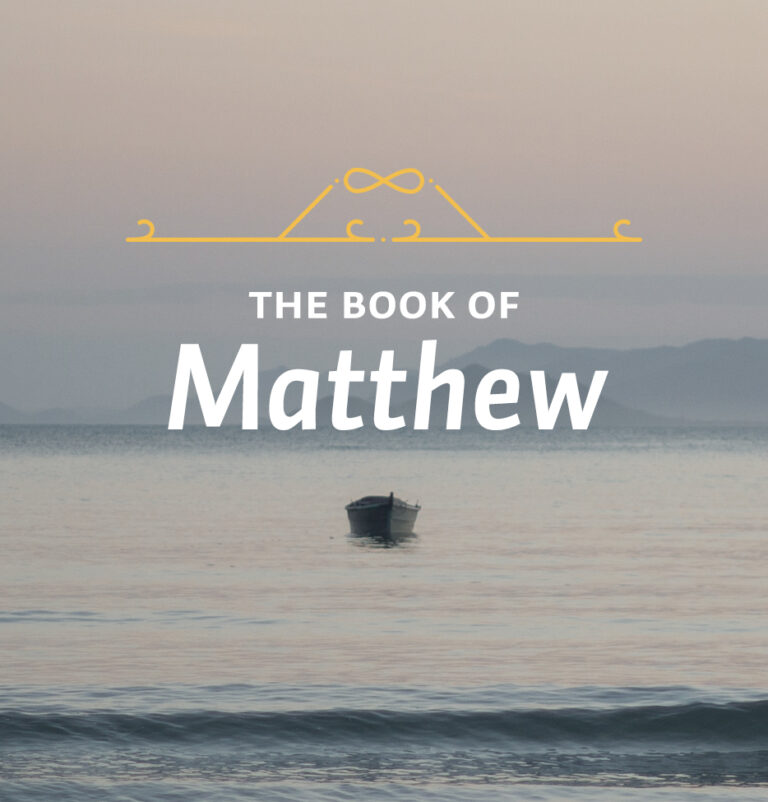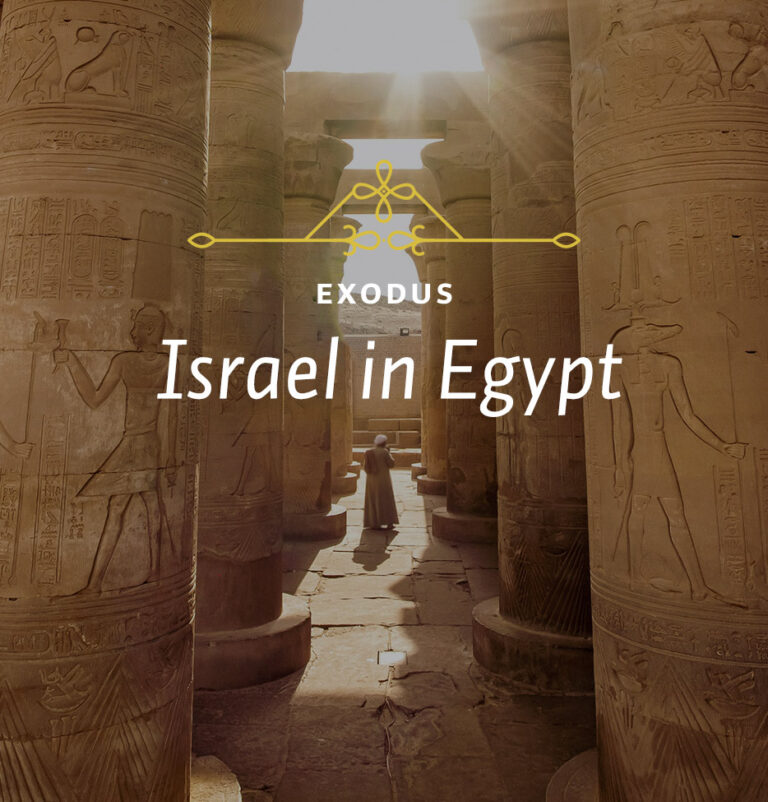
When God Reschedules Plans — Part One
When God Reschedules Plans2 Corinthians 1:12-20Theme: Criticism and Conscience.This week’s lessons teach us why a conscience unguided by Scripture leads to destruction.
Lesson

When God Reschedules Plans2 Corinthians 1:12-20Theme: Criticism and Conscience.This week’s lessons teach us why a conscience unguided by Scripture leads to destruction.
Lesson

When God Reschedules Plans2 Corinthians 1:12-20Theme: Criticism and Conscience.This week’s lessons teach us why a conscience unguided by Scripture leads to destruction.
Lesson

When God Reschedules Plans2 Corinthians 1:12-20Theme: Criticism and Conscience.This week’s lessons teach us why a conscience unguided by Scripture leads to destruction.
Lesson

When God Reschedules Plans2 Corinthians 1:12-20Theme: Criticism and Conscience.This week’s lessons teach us why a conscience unguided by Scripture leads to destruction.
Lesson

When God Reschedules Plans2 Corinthians 1:12-20Theme: Criticism and Conscience.This week’s lessons teach us why a conscience unguided by Scripture leads to destruction.
Lesson

Theme: Christ Our Example
In these lessons we see that our growth in holiness is dependent upon our being grounded in the Word of God, which points us to the Lord Jesus Christ as the only source of salvation and sanctification.
Scripture: Psalm 1
It is appropriate that one of our series on the great chapters of the Bible should be the first psalm, because this psalm sets before us the doctrine of the two ways and encourages us to walk in the way of the godly.

Theme: The Way of the Wicked
In these lessons we see that our growth in holiness is dependent upon our being grounded in the Word of God, which points us to the Lord Jesus Christ as the only source of salvation and sanctification.
Scripture: Psalm 1
The psalmist says two important things about the man who walks according to his sinful dispositions.
First, the course of the wicked man is always downhill.

Theme: The Way of the Righteous
In these lessons we see that our growth in holiness is dependent upon our being grounded in the Word of God, which points us to the Lord Jesus Christ as the only source of salvation and sanctification.
Scripture: Psalm 1
Over against the way of the ungodly, the psalmist sets the way of the righteous. And everything that is said to be lacking in the case of the one is present in the other.


Theme: Becoming Strong
In these lessons we see that our growth in holiness is dependent upon our being grounded in the Word of God, which points us to the Lord Jesus Christ as the only source of salvation and sanctification.
Scripture: Psalm 1
The last point I want to make is that the Word of God makes Christians strong, strong enough to resist the idols of their culture and go God’s way. I do not think we have a very strong church in the United States today.

Theme: The Two Parts of God’s Revelation
In this week’s lessons we see what the doctrine of general revelation teaches us about the one true God.
Scripture: Psalm 19:1-6

Theme: The Continuous Nature of General Revelation
In this week’s lessons we see what the doctrine of general revelation teaches us about the one true God.
Scripture: Psalm 19:1-6
General revelation is the term theologians use to refer to the revelation of God in nature, which is where Psalm 19 begins: “The heavens declare the glory of God; the skies proclaim the work of his hands (v. 1).

Theme: The Abundance of General Revelation
In this week’s lessons we see what the doctrine of general revelation teaches us about the one true God.
Scripture: Psalm 19:1-6

Theme: General Revelation Known Everywhere
In this week’s lessons we see what the doctrine of general revelation teaches us about the one true God.
Scripture: Psalm 19:1-6
Yesterday we concluded by saying that there were many scientists who objected to the scientific theory of the “big bang” because it pointed to a particular moment in time when the universe came into existence, which scientists would not be able to penetrate.

Theme: Creation and Scripture in Agreement
In this week’s lessons we see what the doctrine of general revelation teaches us about the one true God.
Scripture: Psalm 19:1-6
In yesterday’s devotional we pointed out that in vv. 4b-6 David mentions the sun as a great example of how creation bears witness to the existence of God.

Theme: One Psalm or Two
In this week’s lessons we continue our study of Psalm 19, and move from God’s revelation of himself in creation to the written revelation of himself in Scripture.
Scripture: Psalm 19:7-14

Theme: Words to Be Obeyed
In this week’s lessons we continue our study of Psalm 19, and move from God’s revelation of himself in creation to the written revelation of himself in Scripture.
Scripture: Psalm 19:7-14

Theme: Training in Righteousness
In this week’s lessons we continue our study of Psalm 19, and move from God’s revelation of himself in creation to the written revelation of himself in Scripture.
Scripture: Psalm 19:7-14

Theme: The Radiance and Purity of the Word
In this week’s lessons we continue our study of Psalm 19, and move from God’s revelation of himself in creation to the written revelation of himself in Scripture.
Scripture: Psalm 19:7-14
Yesterday we looked at the first three things the Word of God does. Today we consider three more.

Theme: Heart to Heart
In this week’s lessons we continue our study of Psalm 19, and move from God’s revelation of himself in creation to the written revelation of himself in Scripture.
Scripture: Psalm 19:7-14

Theme: Into Death’s Jaws
In this week’s lessons we learn from the life of David that when we are afflicted by the attacks of others, we can have confidence in the Lord, whose word never fails.
Scripture: Psalm 56:1-13
What can man do to me? We know the answer to that, and we do not have to think about it very much. The answer is: A lot! And to prove it all we have to do is read the morning’s newspaper. The week I wrote this study, on just one day, I read these stories.

Theme: How David Felt
In this week’s lessons we learn from the life of David that when we are afflicted by the attacks of others, we can have confidence in the Lord, whose word never fails.
Scripture: Psalm 56:1-13
There are three things worth noting about David’s time in Gath, when this psalm was written.

Theme: An Outline of the Psalm
In this week’s lessons we learn from the life of David that when we are afflicted by the attacks of others, we can have confidence in the Lord, whose word never fails.
Scripture: Psalm 56:1-13
With this background of David’s flight to Gath in mind, we now read the central verses of the psalm: “When I am afraid, I will trust in you. In God, whose word I praise, in God I trust; I will not be afraid. What can mortal man do to me” (vv. 3, 4)?

Theme: The Voices of Fear and Faith
In this week’s lessons we learn from the life of David that when we are afflicted by the attacks of others, we can have confidence in the Lord, whose word never fails.
Scripture: Psalm 56:1-13

Theme: New Life in Christ
In this week’s lessons we learn from the life of David that when we are afflicted by the attacks of others, we can have confidence in the Lord, whose word never fails.
Scripture: Psalm 56:1-13

Sermon: Christ and the Scriptures
Scripture: Matthew 5:17-20
In this week’s lessons, we see what Jesus’ view of Scripture was and how he used it in his ministry.
Theme: Jesus and the Bible

Sermon: Christ and the Scriptures
Scripture: Matthew 5:17-20
In this week’s lessons, we see what Jesus’ view of Scripture was and how he used it in his ministry.
Theme: Absolute Authority

Sermon: Christ and the Scriptures
Scripture: Matthew 5:17-20
In this week’s lessons, we see what Jesus’ view of Scripture was and how he used it in his ministry.
Theme: Christ’s Use of Scripture

Sermon: Christ and the Scriptures
Scripture: Matthew 5:17-20
In this week’s lessons, we see what Jesus’ view of Scripture was and how he used it in his ministry.
Theme: Fulfillment of Scripture

Sermon: Christ and the Scriptures
Scripture: Matthew 5:17-20
In this week’s lessons, we see what Jesus’ view of Scripture was and how he used it in his ministry.
Theme: Allegiance to Scripture

Sermon: Christ Fulfills the Scriptures
Scripture: Matthew 5:17
In this week’s lessons, we learn what it means that Jesus fulfilled what was written in the law and the prophets.
Theme: Christ and the Law

Sermon: Christ Fulfills the Scriptures
Scripture: Matthew 5:17
In this week’s lessons, we learn what it means that Jesus fulfilled what was written in the law and the prophets.
Theme: Why Sacrifices?

Sermon: Christ Fulfills the Scriptures
Scripture: Matthew 5:17
In this week’s lessons, we learn what it means that Jesus fulfilled what was written in the law and the prophets.
Theme: Christ and the Prophets

Sermon: Christ Fulfills the Scriptures
Scripture: Matthew 5:17
In this week’s lessons, we learn what it means that Jesus fulfilled what was written in the law and the prophets.
Theme: David and Isaiah

Sermon: Christ Fulfills the Scriptures
Scripture: Matthew 5:17
In this week’s lessons, we learn what it means that Jesus fulfilled what was written in the law and the prophets.
Theme: “For the Sake of the Son”

Apart from Jesus Christ, no person in history has made such a deep or lasting impression on the world as Moses. Moses was the great lawgiver and emancipator of Israel. He is described in the book of Revelation as the servant of God, and he had a remarkable history. He was born to Jewish parents in a land that was not their own, where they were slaves. He was educated in the court of the mightiest empire of the day, one of the mightiest empires that has ever existed in history. He was heir to all of the wealth, prestige, and legendary pleasures of Egypt. And yet, when he was 40 years old, he elected to identify himself with his own oppressed race. He was driven out and had to flee from Egypt.

Moses lived to be 120 years old. And roughly speaking he had 40 years in each place. When he was 40 years old he had to run away, and he spent 40 years in the desert as a shepherd. God met him at the burning bush and called him to be the deliverer when he was 80 years old. And then he led the people for 40 years. It has been said that Moses spent 40 years in Egypt learning something. He spent 40 years in the desert learning to be nothing. And then he spent the last 40 years of his life proving God to be everything. I think that’s a good way of putting what the Christian life is all about. Some of us don’t prove God to be everything, because we never learned that we ourselves are nothing. And when we come to that point, then we are ready to have God work through us. And that’s what He did with Moses.

The tie between Exodus and Genesis is closer than is apparent to most of us in our English translation. For one thing the Hebrew text of Exodus begins with the word “And.” We don’t write that way in English so the translators don’t begin it that way, but it actually says, “And these are the names.” Numbers and Leviticus begin this way. What he is saying, of course, is that the story that’s about to begin now in Exodus is not a new story, although it’s a new chapter in this continuing story of redemption. Rather it’s a continuation of what God began to do when He first called Abraham, the father of the Jewish people, out of Ur of the Chaldees.

Now I would like us to look at that call to Abraham, because it gives us an outline of what’s coming. Next time, we’re going to see a little bit more about the condition of the people in Egypt, and after that the birth of Moses. I want you to see that what we find here in these books—Exodus, Leviticus, Numbers, and Deuteronomy—is what was prophesied very clearly by God to Abraham, and recorded for us in Genesis 15. This chapter describes what was probably the most significant day in the whole life of the patriarch Abraham.

Do you want to get to know God better? God wants you to get to know Him better. Tell Him that you would like to get to know Him better, and you will find that He will reveal Himself to you, as he did to Moses.

Canadian Committee of The Bible Study Hour
PO Box 24087, RPO Josephine
North Bay, ON, P1B 0C7